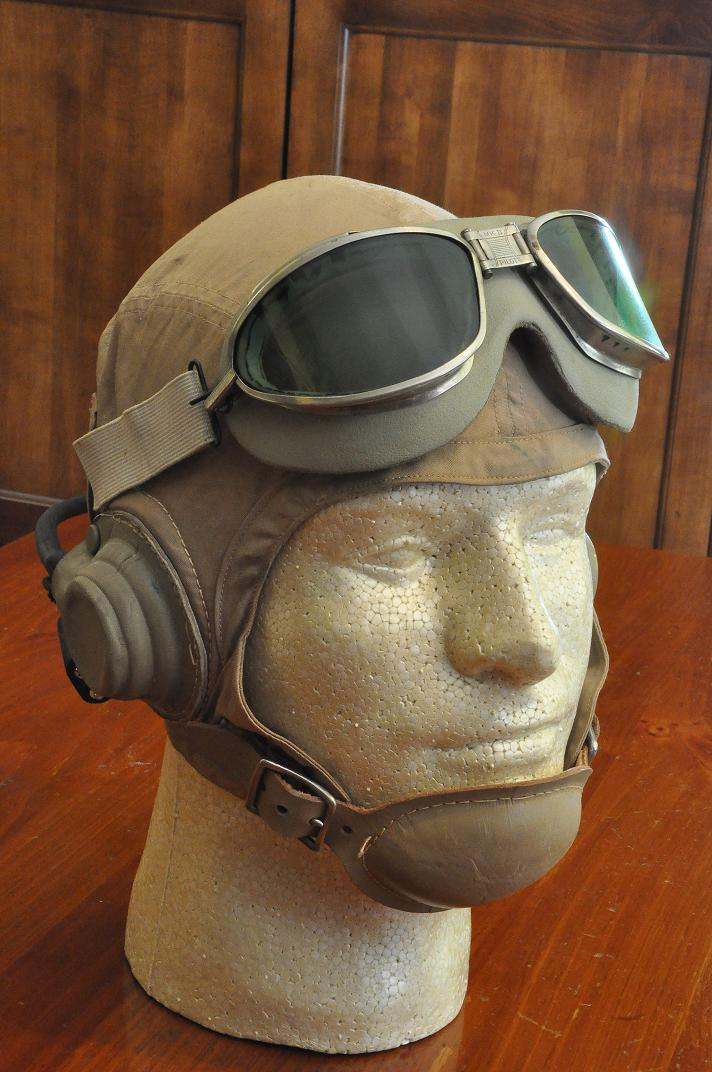

Unsolicited contributions are not accepted this is a commission-only section covering a very small number of researchers of Nobel or equivalent global impact on science or society. Nature will endeavour to ensure authors see these changes, but cannot guarantee it. Occasionally, letters must be cut after proofs have been sent. All accepted contributions are edited before publication for length, accuracy and accessibility. Please present the correspondence text in the main body of your e-mail. Please send submissions to These may include 100 words outlining the pertinence of the correspondence. If the corresponding author is likely to be away from e-mail in the 4 weeks after submission, please identify an alternative contact. Affiliations are trimmed before publication to include only the institution, city and country. Note that multiple affiliations cannot be published please highlight the preferred affiliation. Please supply all correspondents’ postal and e-mail addresses, ORCID IDs and telephone contact numbers, clearly indicating any accents on names or places. Databases index authors in the order they are listed online (the version of record). In these rare cases of more than 3 authors, only the corresponding author is listed in the print issue. In highly exceptional circumstances, justified as per Nature's authorship guidelines, up to 6 signatories in total can be listed online. A Correspondence can have a maximum of three authors.
OTHER WORDS FOR COMMENT FULL
Please include a link to the article under discussion and a full print citation, if applicable. To be considered, Correspondence submissions must be under 250 words in length, with up to 3 references. Contributions that present primary research data are excluded.įormatting. We do not consider submissions responding to articles published in journals other than Nature.Ĭorrespondence submissions are only rarely peer-reviewed. Alternatively, please upload such comments at the foot of the Nature paper.

Please submit these instead to Matters Arising (for author guidelines, see here). The Correspondence section does not publish technical comments on peer-reviewed research papers. CorrespondenceĬorrespondence items are 'letters to the Editor': brief comments on topical issues of public and political interest relating to research, anecdotal material or readers' reactions to informal material published in Nature (for example, Editorials, News, News Features, Books & Arts reviews, Comment pieces or Correspondence).Įxcluded contributions. Please provide full address and contact details. Information for use by Nature for these sections can be sent via e-mail, with the title of the section in the subject line. They do not contain unsolicited material.

These sections are written and commissioned by Nature 's editors. It is helpful if authors note their surname and the section of Nature for which the article is being considered in the subject line of any e-mails they send to Nature. All material is considered for publication on the understanding that it is original and that any similar or related material submitted or in press elsewhere is disclosed to Nature at submission.Īuthors of material submitted to any section of Nature must provide a current full postal address, phone, fax and e-mail address. Nature editors cannot give details when declining unsolicited suggestions or contributions.Īll articles for all sections of Nature are considered according to our usual conditions of publication, including being subject to our embargo. Many Nature sections are commission-only and do not accept unsolicited contributions where applicable this is stated in the section guidelines below.
OTHER WORDS FOR COMMENT HOW TO
These non-primary articles are not eligible for gold Open Access and can only be published using the traditional subscription-based publishing route.Īuthors intending to contribute to any of these sections are advised to read the relevant section of published issues of Nature to gain an idea of which section is most suitable and how to present their work, and, if they have not published in one of these sections before, they must read the appropriate section guidelines below, before submission. With the exception of Analysis articles, all other content types mentioned below should not include original (previously unpublished) results or data and may only contain minimal new supporting research findings. This document provides details of the other material that Nature publishes, in addition to original research Articles.


 0 kommentar(er)
0 kommentar(er)
